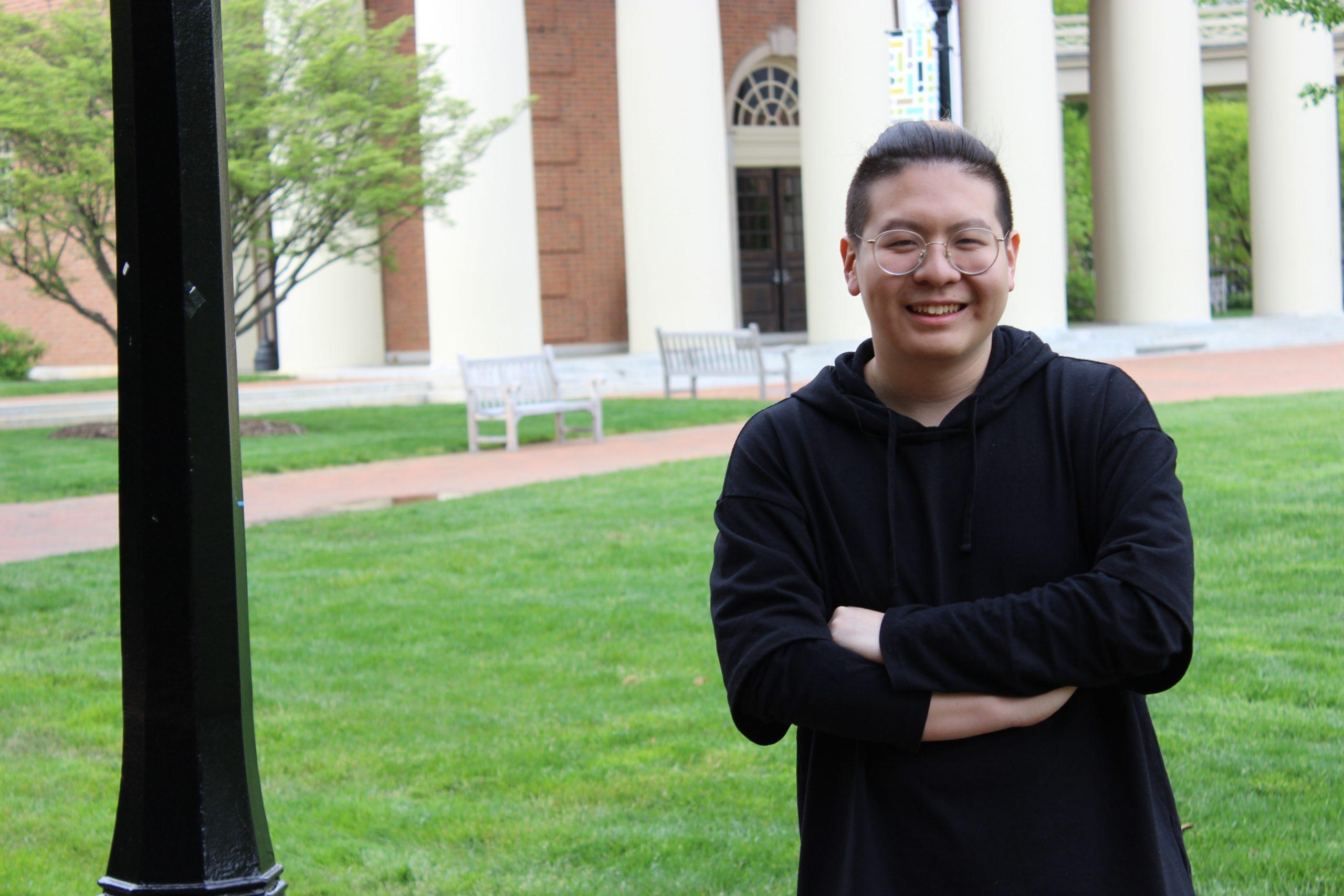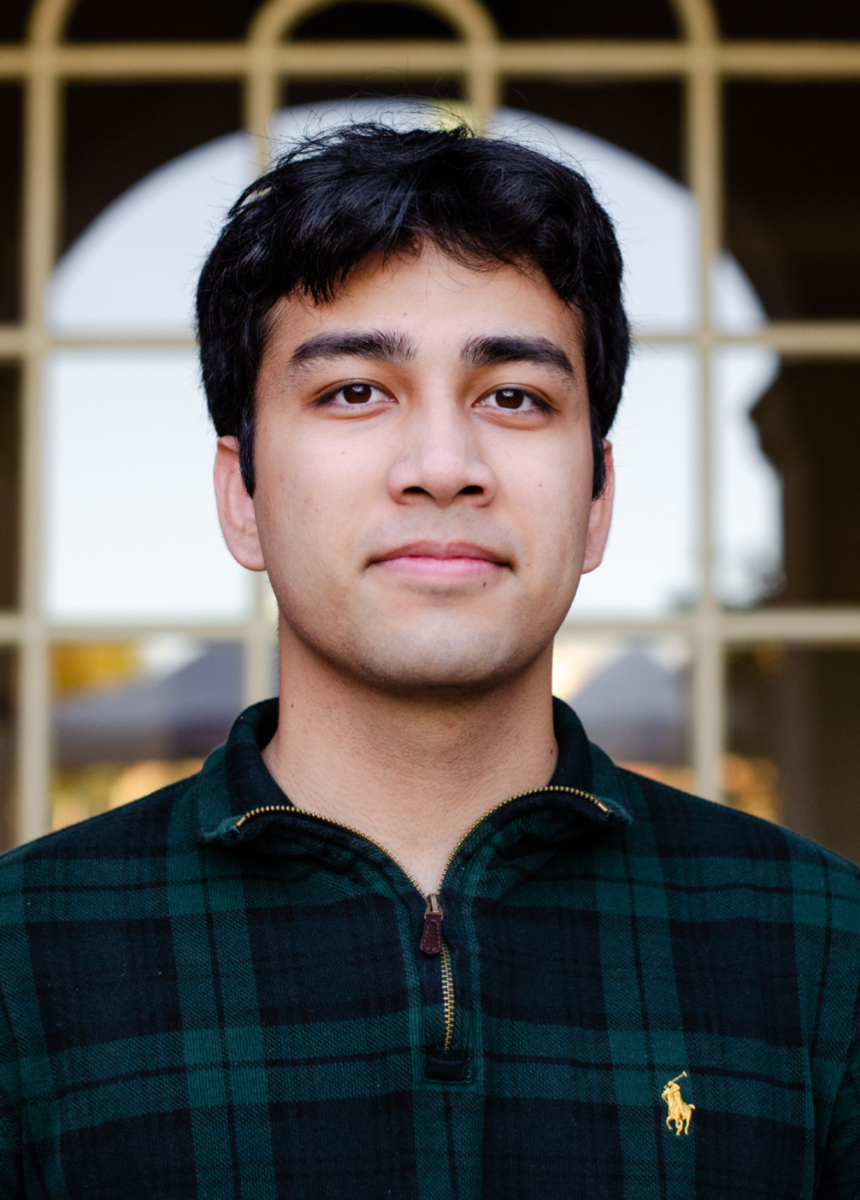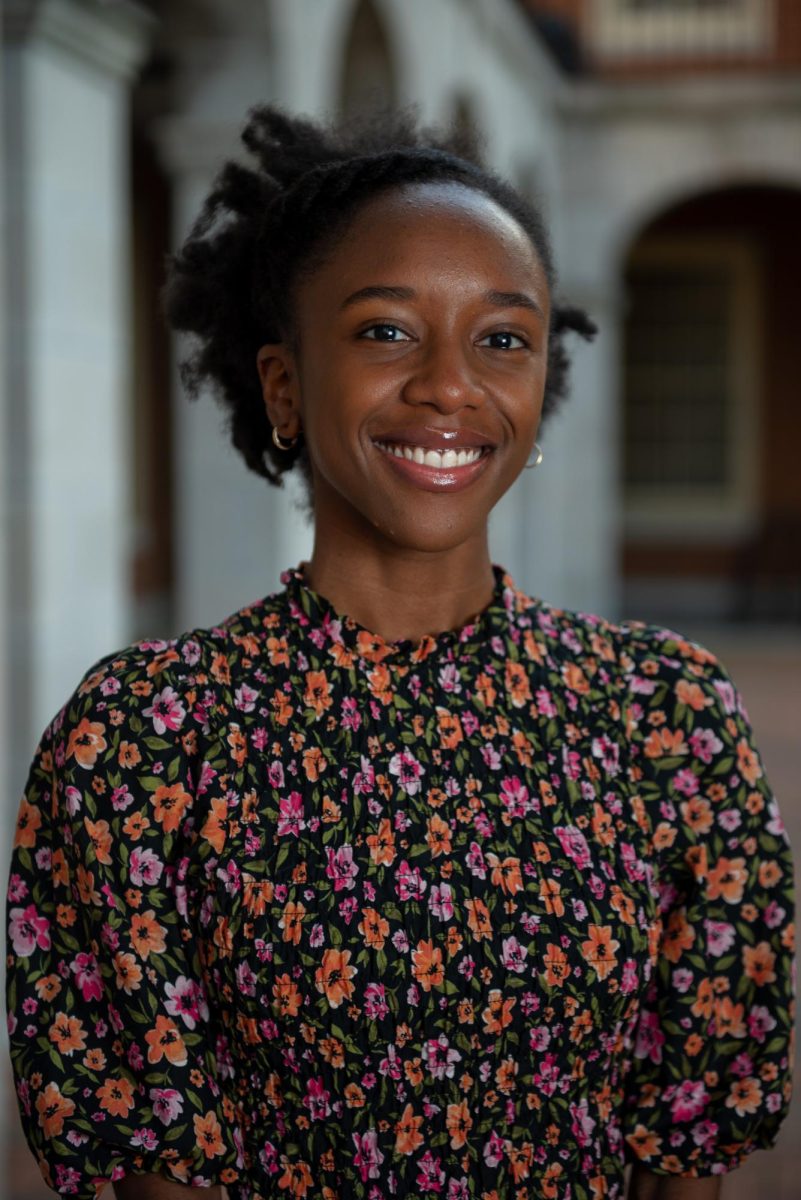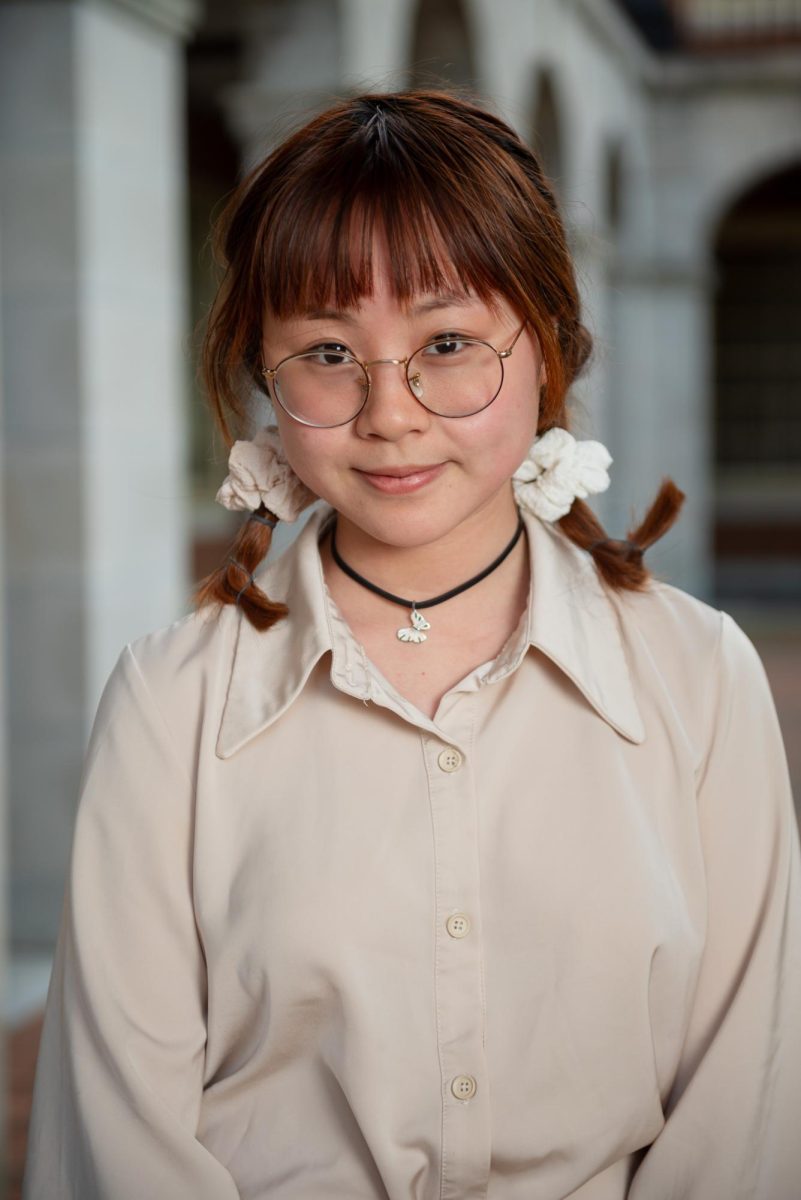Senior Yifei Wang, from Beijing, China, knew from the time he started at Wake Forest that he wanted to study philosophy. According to Wang, “I was in an IB program during high school, and I took philosophy courses starting in the tenth grade.”
His high school love for philosophy has continued to hold true throughout his college career.
“Philosophy was my favorite subject both in high school and in college because I find more pleasure in questioning than merely remembering materials,” Wang said.
Wang feels that the philosophical education he has gained from Wake Forest has been invaluable in formulating his worldview.
“My favorite aspect is that this major allows me to question and doubt, which I enjoy,” Wang said. “But beyond that, in answering those ‘big questions,’ I gradually constructed a complete worldview, a system into which I can try to fit all phenomena, including those about my own life, such as the reason for doing anything, how to get rid of anxiety, and what kind of person I want to be.”
Surely this nuanced approach to “big questions” will help Wang in future endeavors, and gives him an advantage over peers who are comparatively less equipped to deal with the complexities and anxiety-inducing factors of the modern world.
Wang says that perhaps his greatest philosophical influences at Wake Forest has been one of his professors, Dr. Adrian Bardon.
“I took three courses with Dr. Bardon: Introduction to Philosophy of Religion, Philosophy of Space and Time, and Kant,” Wang said. “As Dr. Bardon has guaranteed, his classes blow my mind on a weekly basis. His lectures are not only exciting but have also drastically reshaped my way of understanding everything in this world.”
In these classes, Bardon was extremely effective in expanding Wang’s philosophical perspective.
Though Wang has thoroughly enjoyed his time as a philosophy major at Wake Forest, he does offer an astute criticism of the degree.
“I do not think the requirement of 30 credits is sufficient to prepare a major for a graduate school in philosophy. I’ll say 39 or 42 is a more suitable requirement for majors.”
This is an important observation Wang makes, and one that many of his peers in the department are quick to echo. It is curious, after all, that while earning a BA in philosophy from Wake Forest requires the completion of only 30 credit hours, a BS from the new engineering department requires the completion of 75 credit hours.
Though Wang is critical of the relatively small credit hour requirement for a degree in philosophy, he has still immensely enjoyed his studies and time spent in the department. However, he has not limited his curriculum to philosophy courses. Coupled with his philosophy degree, he will also be earning a BA in politics and international affairs, with a focus on political theory. Further, he is a member of Pi Sigma Alpha, the national politics honors society, and he is also the owner, director and general manager of Wake Wash, a campus laundry service. The potent combination of a philosophy degree paired with a politics degree and stellar extracurriculars will surely make Wang an impressive and desirable applicant, both to future employers as well as to graduate schools.
According to Wang, after graduation he is “planning to go to a law school (I did not yet decide which one) [to become] a litigator. I believe what I have learned in the department has equipped me with skills to be competitive in my future study and career.”
Surely the critical thinking skills that he has gained from his time spent in Tribble studying philosophy will make Yifei Wang a very capable litigator one day.







